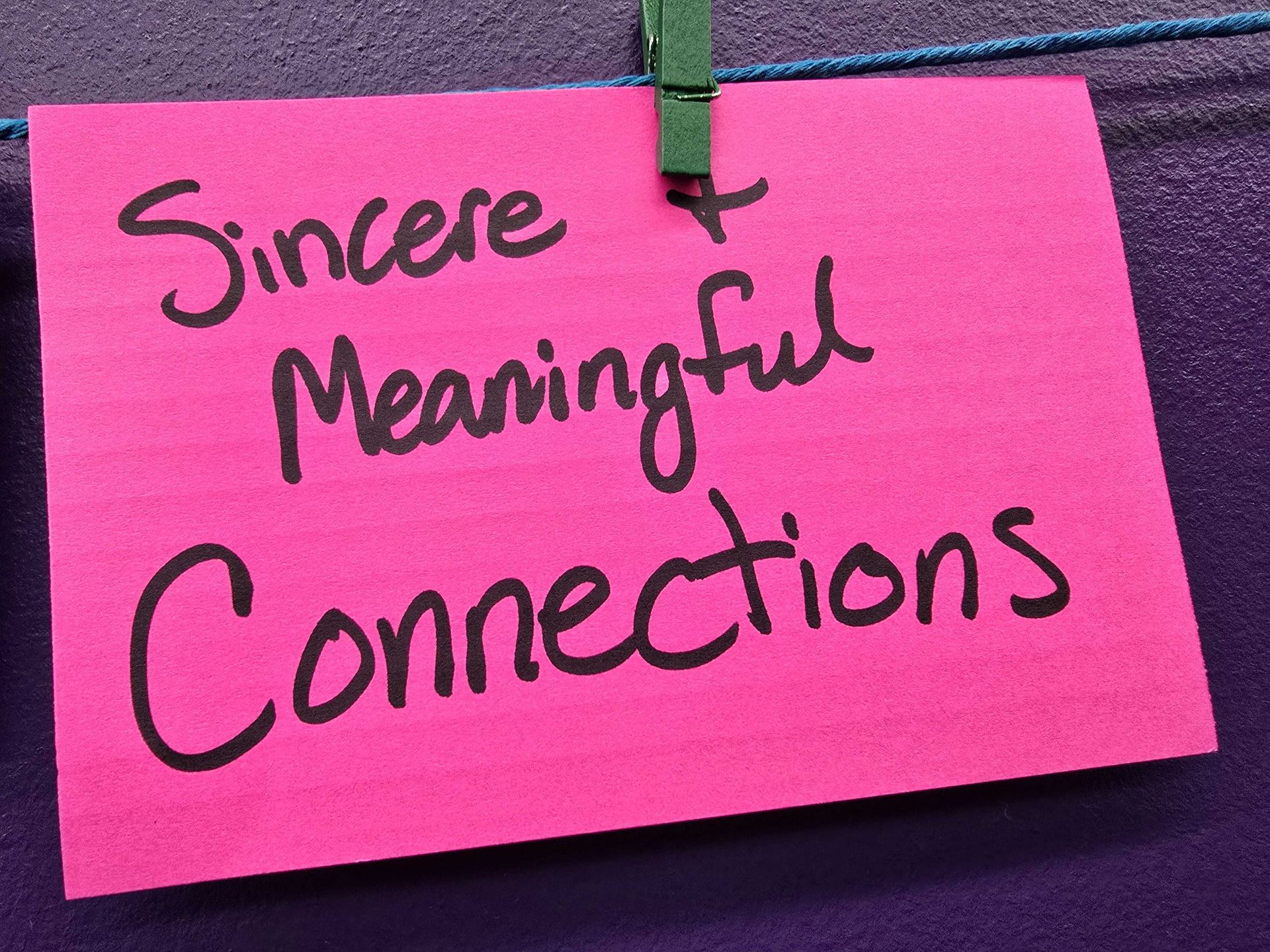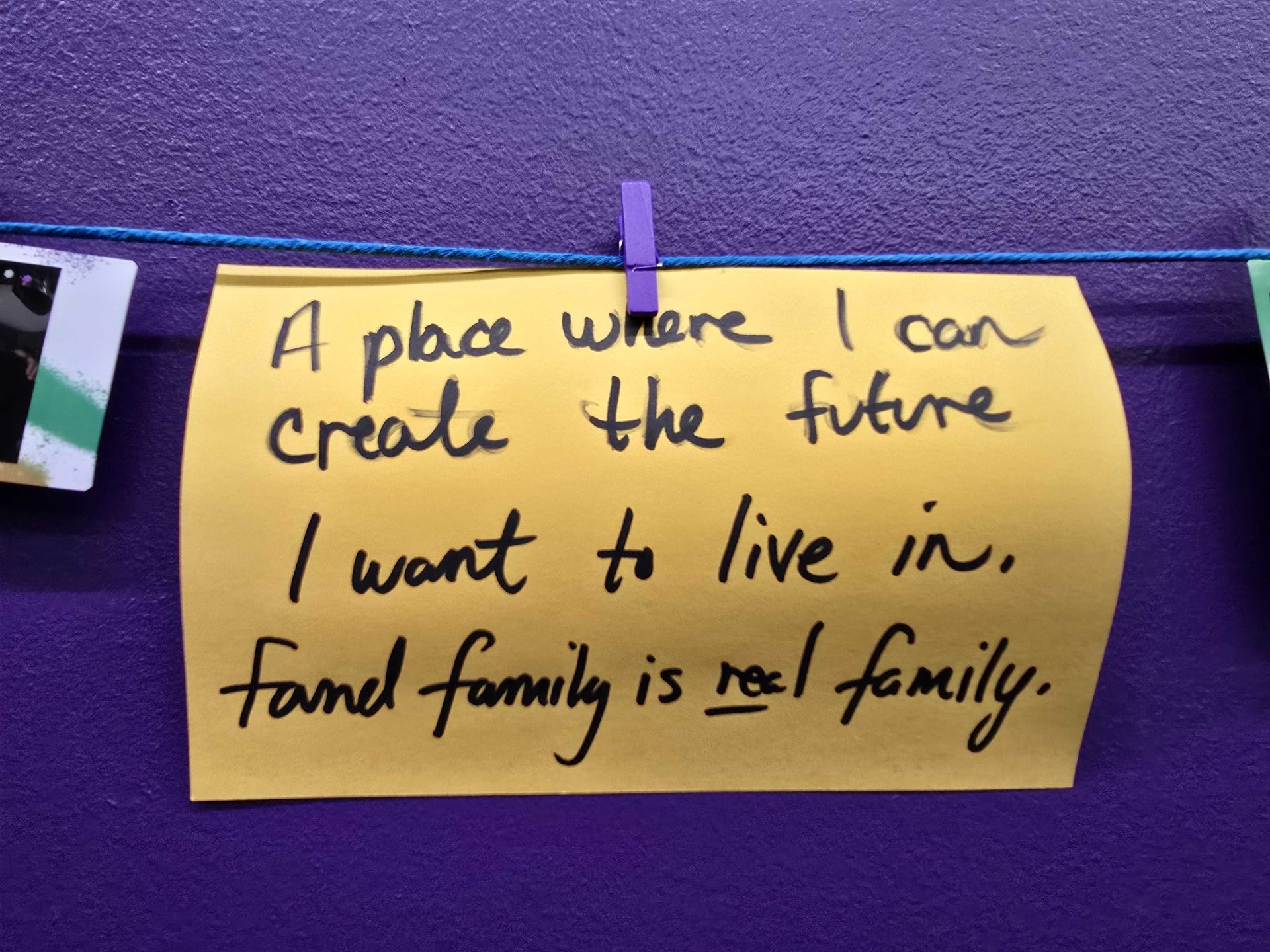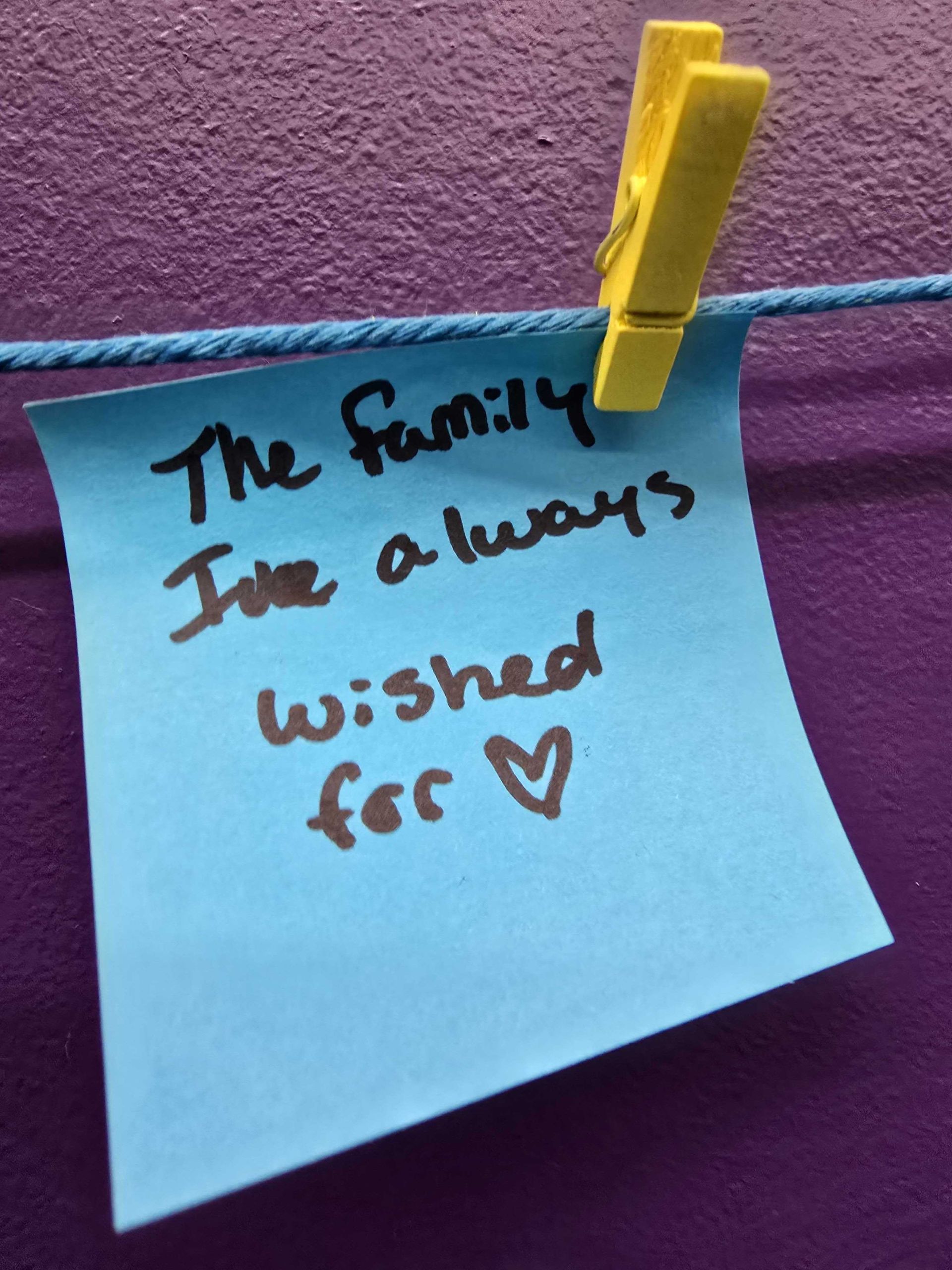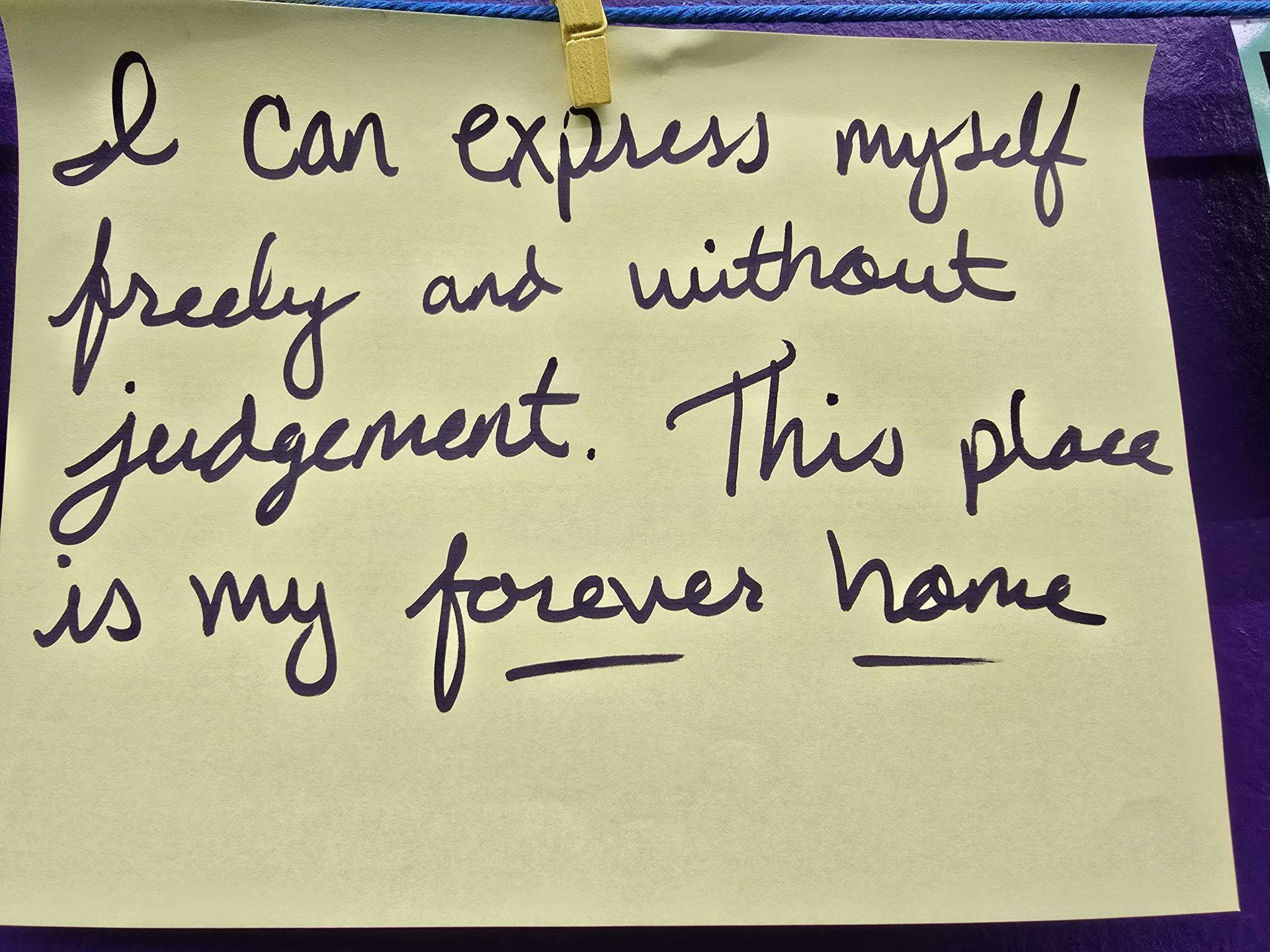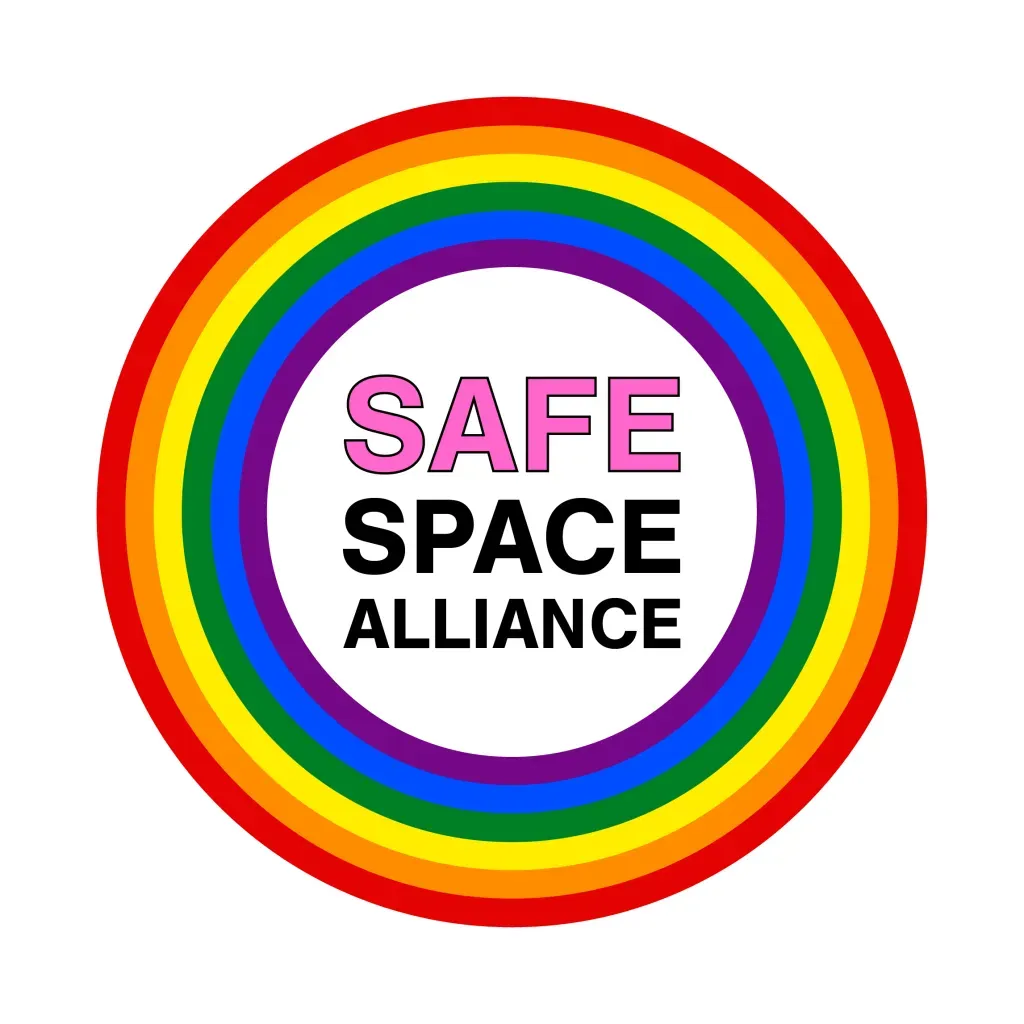our first commitment
Community safety & consent
How we create safer spaces and champion accountability
Our values in action
how we create safer spaces
At The Autonomy Project, our first commitment is to our community's safety—especially for those most often overlooked or harmed. We are unapologetically committed to creating spaces where safety, consent, and accountability are non-negotiable. We know that safe, affirming spaces aren’t created by accident. They are built with intention, upheld by structure, and nurtured through relationships rooted in mutual respect. When those foundations are missing, harm follows—especially for those who already face marginalization. That’s why we design for safety, not just hope for it.
As a survivor-centered organization, we know firsthand that safety isn’t just about physical space. It’s about
culture. It’s about
accountability. And it’s about trust — trust that is earned and sustained through transparency, action, and
on-going work.
Our mission is to offer unwavering support to marginalized individuals and communities, ensuring they have a place where they can truly belong. We stand firmly by our values of consent, kindness, respect, and equality, and will never knowingly align ourselves with groups or causes that contradict these principles.
We know that marginalized communities are often the most impacted when leadership fails to act with integrity, transparency, and care. That’s why we hold ourselves, our leaders, and our spaces to a higher standard.
We are unapologetically committed to creating spaces where safety, consent, and accountability are non-negotiable.
Survivors deserve to be heard, supported, and protected—not questioned, sidelined, or silenced. We are not just allies to survivors—we are survivors. We didn’t just imagine a safer space, we built it from the ground up, shaped by the hard lessons of what we lived through.
The Autonomy Project is survivor-led—built by people who know firsthand what harm, healing, and resilience truly mean. Our leadership isn’t theoretical—it’s lived. As survivors, we understand what safety really requires, and we’ve built our systems accordingly. We turned our pain into policy, our survival into structure.
We created this space to be what we once needed.
Here's how we put that into practice:
Survivor-Centered Reporting Protocols
We take all reports of harm seriously. We have clear internal reporting processes, and we are continually improving them with community input.
Transparent Leadership
Our leadership structure separates personal power from organizational authority, with checks and balances that prevent anyone from acting without accountability. Our policies are designed to prevent individuals from using their position to avoid consequences or silence dissent.
Community Accountability
We don’t believe in call-outs without follow-through. We believe in a transformative approach to justice that prioritizes the needs of those harmed while encouraging responsibility and growth.
Careful Vetting Process
We vet leadership, volunteers, members, and collaborators with stringent protocols. We collaborate with other institutions with shared banned lists, and maintain our own with great care.
Consent and Conduct Standards
Every participant, volunteer, and leader is expected to uphold our code of conduct. That includes active, informed consent, boundaries, and a zero-tolerance stance on abuse.
On-going Education
We regularly train our team in trauma-informed care, consent culture, bystander intervention, and anti-oppression frameworks. We continually update our safety and conduct policies with input from our community, centering those most vulnerable to harm.

